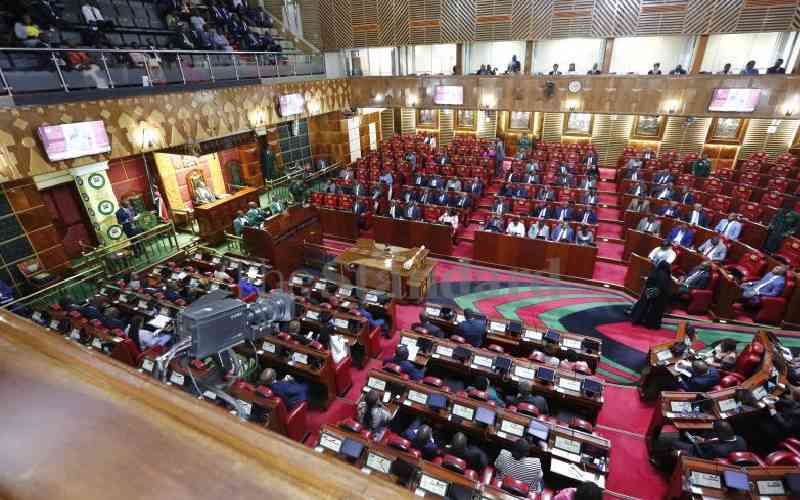×
The Standard e-Paper
Stay Informed, Even Offline

What started as mere political tact and a show of might between the Opposition and the government has come back to haunt the Kenya Kwanza administration; the Finance Act 2023.
The Act was President William Ruto's first law as president to guide his government's collection of monies to aid his plans and he campaigned for it with zeal, pushing every Kenya Kwanza-allied MP to support it.